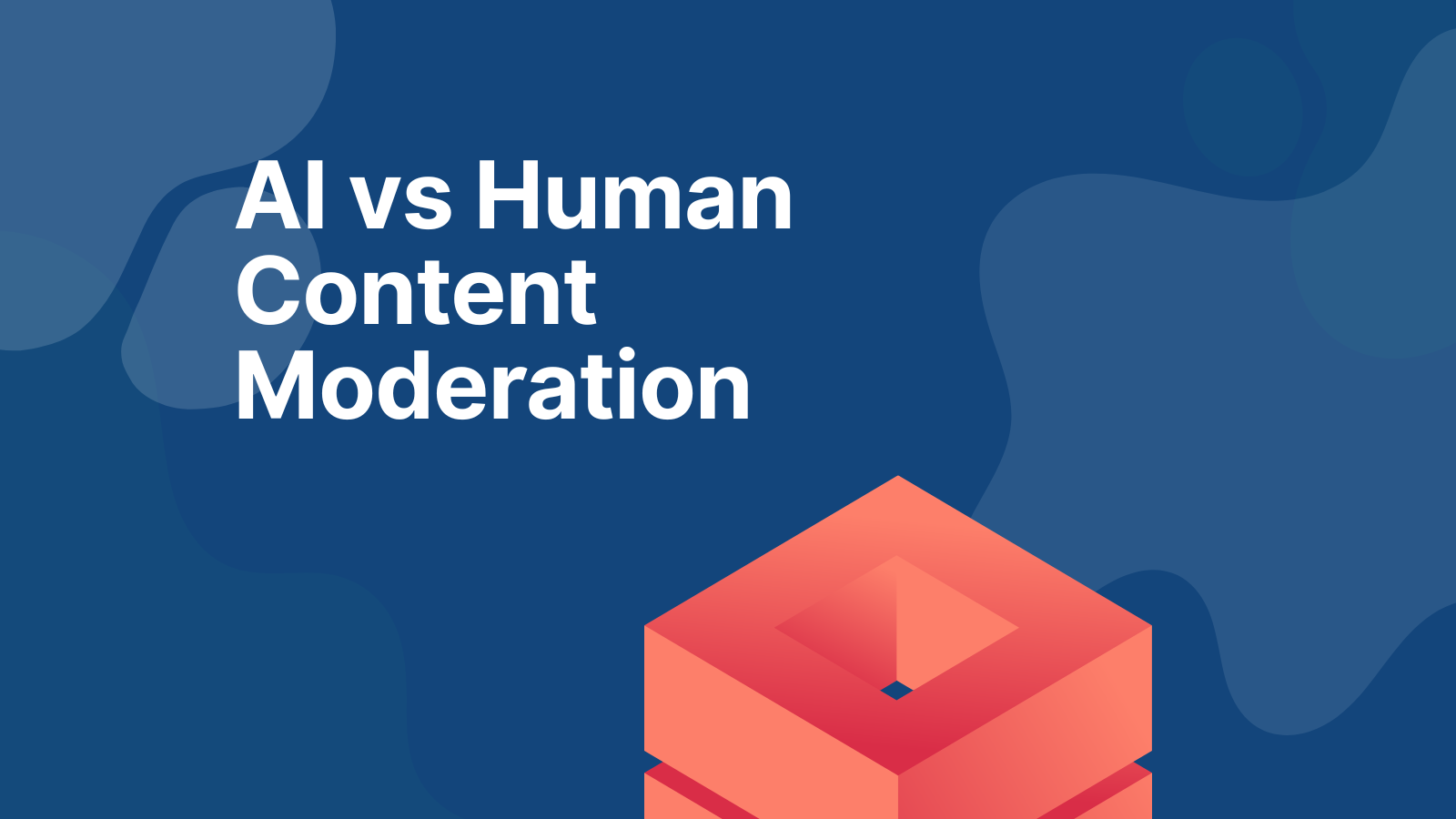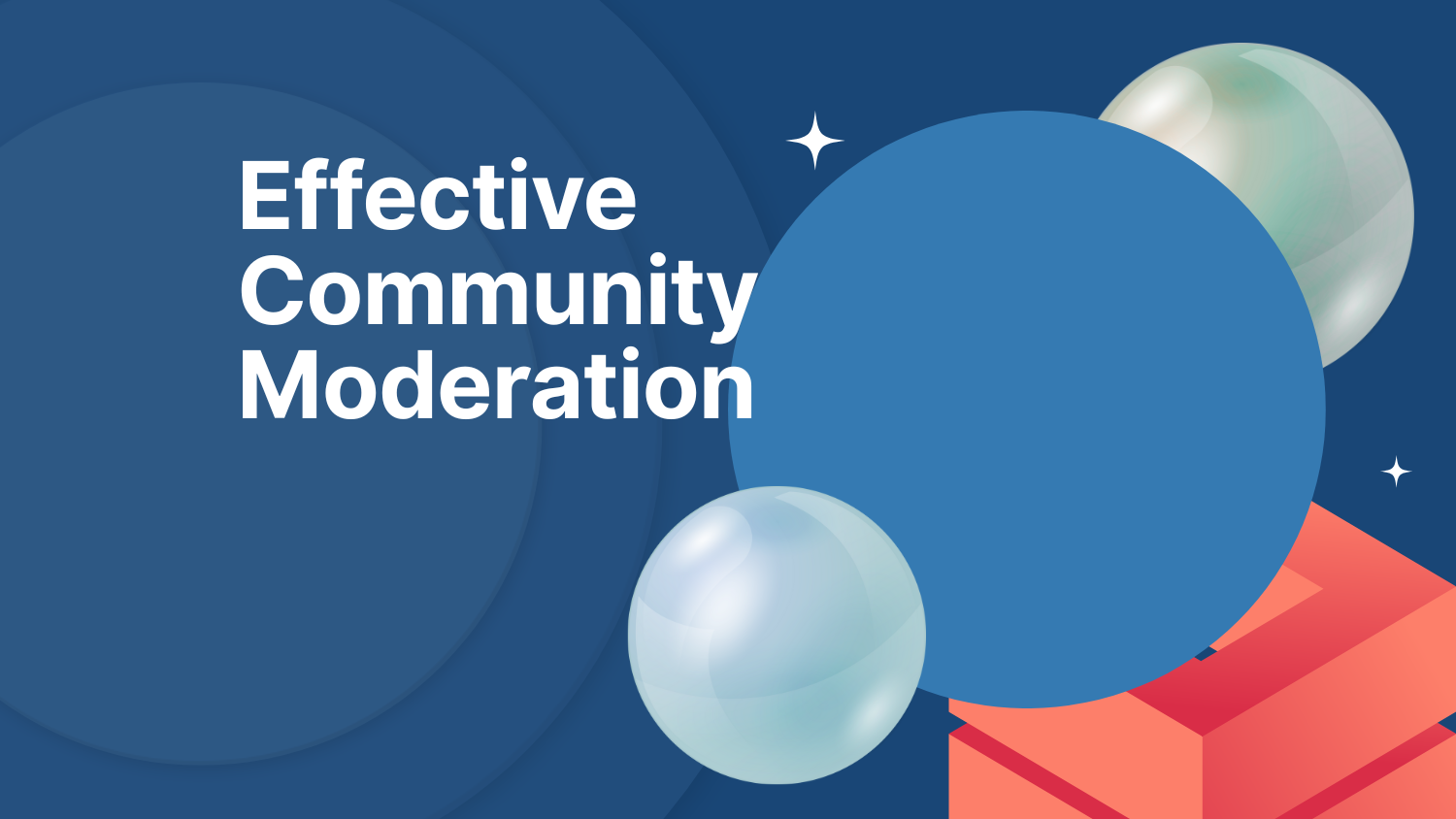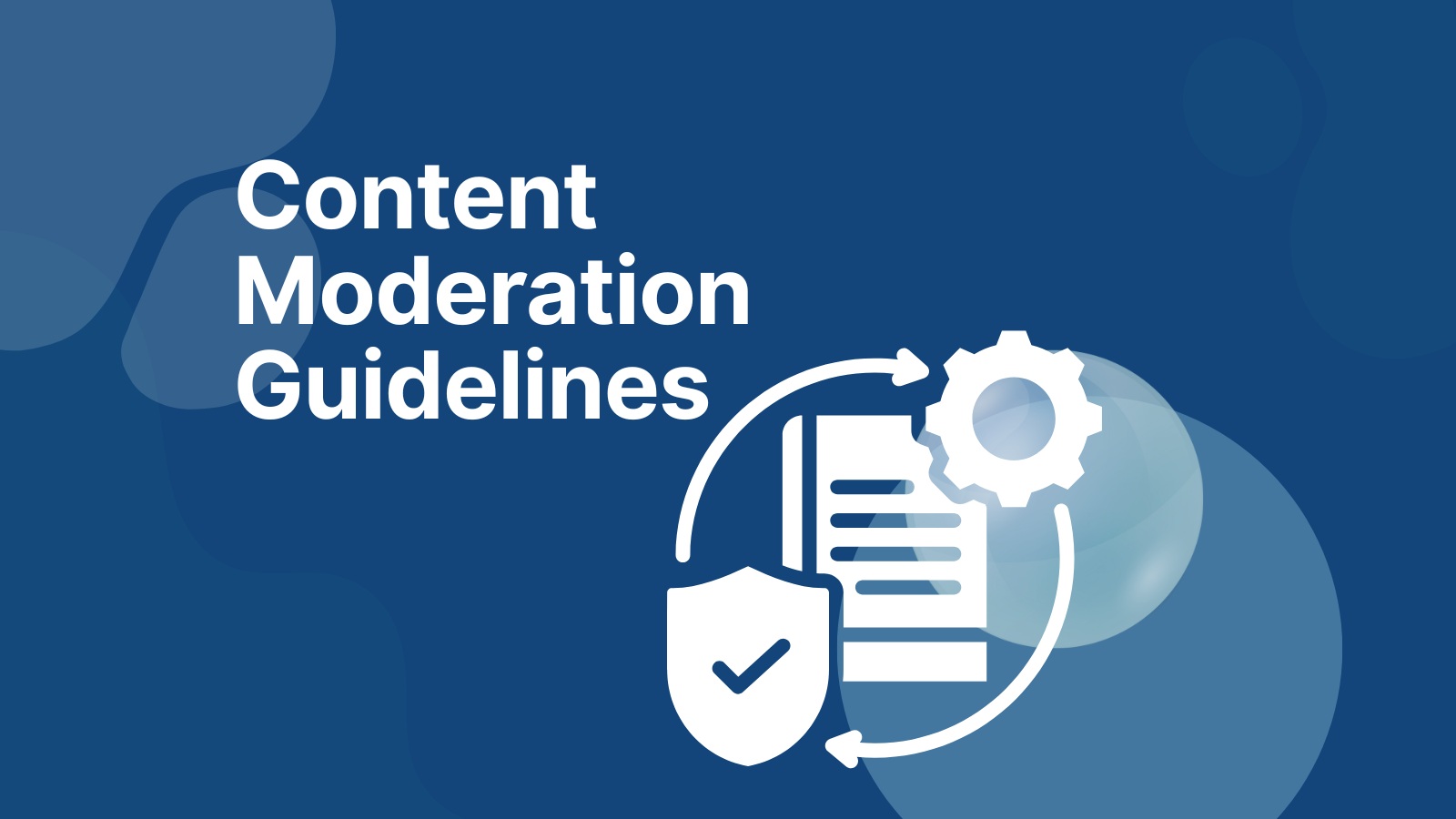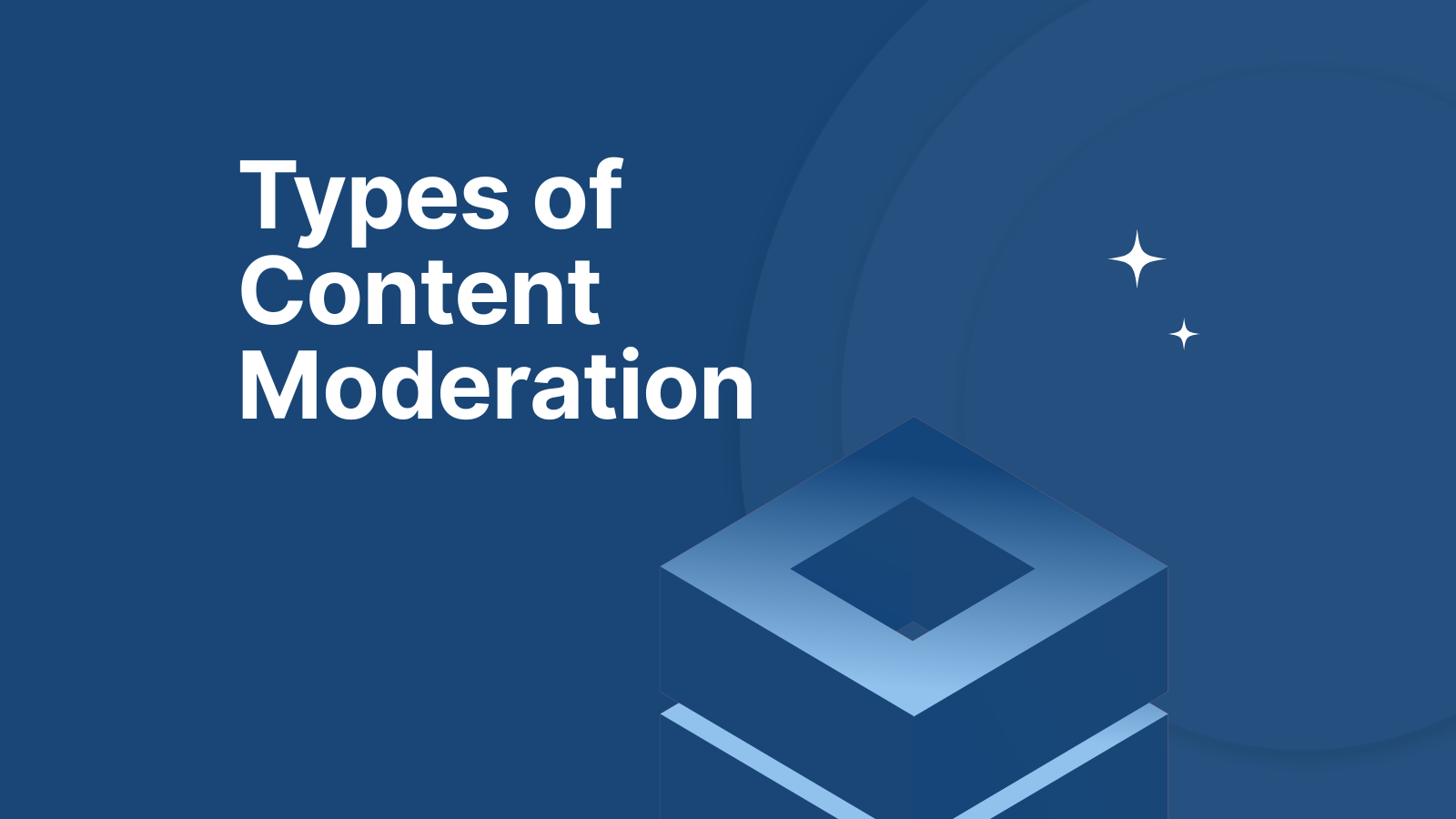Functioning Artificial Intelligence takes a high level of expertise from developers

HS reported in 24.10.2017 that according to Finnish researchers, Artificial Intelligence is still inefficient in preventing hate speech, especially in Finnish-speaking online discussions. The researchers had developed their own AI solution, which had difficulties in recognizing hate speech. However, this evaluation was based on one solution only, and does not reflect the usability of any other AI solution available.
Artificial Intelligence is not a singular, uniform and global entity. Instead, AI has numerous different manifestations. Machine learning based AI is a combination of data, ie documentations and software. Virtually every single group of researchers and organization builds an AI solution of their own – just like every game developer builds a mobile game of their own. In general, open-source solutions are used, since very few have the ability to develop their own methods. Artificial Intelligence and mobile games have many similarities, but every single one has its own unique execution. It’s indeterminable to conclude from one success or failure, how well someone else’s AI works.
To fully utilize artificial intelligence in practice requires a lot of expertise: the mathematical statistics of AI algorithms is a highly complex subject to grasp and choosing the right algorithm for an analytics task at hand requires in many cases university-level education, in many cases a doctors degree. Working data into an algorithm-friendly format takes an extensive experience as well. An AI product needs to be able to handle massive amounts of data and still function reliably, and as technical solutions, are extremely complicated to execute.
Choosing the right algorithm for an analytics task at hand requires in many cases university-level education, in many cases a doctors degree.
Language analytics is one of the most complex fields of artificial intelligence: in addition to AI expertise, an understanding of how natural languages, such as Finnish, English or Chinese function in a statistical context.
One of the writers of this text has a commercial AI product, which is based on text analytics research originating at Aalto University, and has been developed in a collaborative effort by several doctors of text analytics and computational linguistics. What sets the product apart from the mainstream, is that it is particularly proficient in the Finnish language and colloquialisms found in social media in particular. For instance Suomi24 is using the product and are reporting after the first piloting of the product, that human moderators and artificial intelligence agree with the moderation decisions with 90% accuracy. This is a proof that artificial intelligence works, if it’s developed professionally.
We completely agree with the researchers interviewed for HS, that AI cannot independently determine the definition of hate speech. However, if the learning data is comprehensive, text analytics experts can teach artificial intelligence to identify hate speech based on definitions by humans. And as languages progress, AI can be taught further.
Artificial Intelligence is no longer the future, it is part of the present. Much more resources are needed for AI research and education, in order to grow and develop the expertise needed for taking full advantage of AI in Finland.
Mari-Sanna Paukkeri, PhD (Eng), CEO, Utopia Analytics
Timo Honkela, Professor, Helsinki University, Department of Modern Languages, Language Technology
Mikko Kurimo, Professor, Aalto University, School of Electrical Engineering
This translated article was originally published 26 OCT 2017 in Finnish at Iltalehti, a national newspaper in Finland.
Want to learn more?
Check out our case studies or contact us if you have questions or want a demo.
















